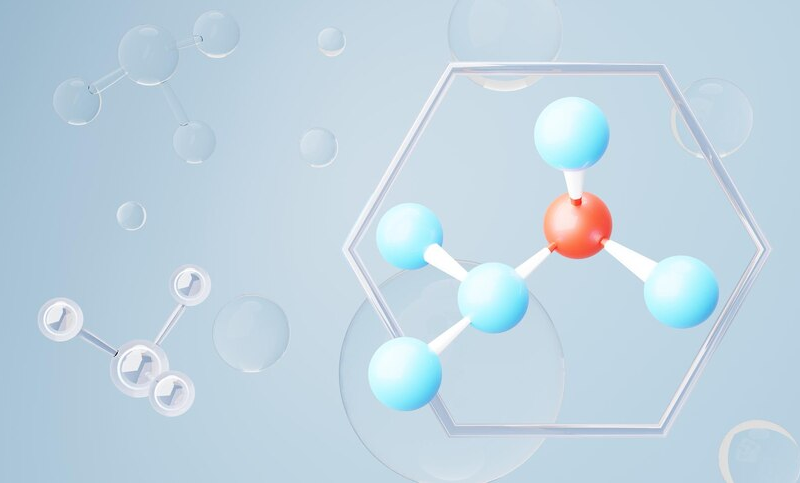Artificial intelligence (AI) is changing how the world works. From revolutionizing the way social skills are taught, to making it easier to order dinner or adjust a thermostat, AI impacts most people daily in some way. One area where AI technology is boosting efficiency is in software engineering. More specifically, software engineers apply new architecture to enhance the performance of the complex systems they manage. In this article, we explore complex systems and how AI is impacting businesses and operations in many different ways.
What are complex systems?
Before we look into how software engineers use AI, let’s talk about the basics of complex systems. If this is an unfamiliar term, don’t worry — we are here to help!
The easiest way to define complex systems is to think of these as systems with many moving parts, all interacting in many different ways. To help illustrate this, think about a busy road with a traffic jam. In this situation, cars are components of the system and the way they are driven represents the components interacting with each other and the environment. Things like remaining within the lines while driving, accelerating when the jam frees up, decelerating when it is busy, and braking to avoid collisions are all part of the way that the cars/components work together to create a safe driving experience.
As one might expect, complex systems require a lot of management to continue working smoothly.
AI and complex systems
AI and complex systems can behave in perfect synergy. In fact, AI can make developing, managing, and maintaining complex systems more intuitive and straightforward. The only potential downside is the sheer breadth of knowledge required to use the technology effectively. It is highly advisable to complete a Computer Science Master’s degree from a university known for its rigorous computer science instruction, like Baylor University, if one is determined to master AI and become the next great software engineer. On the Software Engineering track at Baylor, students can learn about traditional machine learning algorithms and machine neural networks.
With that in mind, here are some of the ways software engineers use AI in their systems:
Autonomy
Autonomous complex systems are systems that can function without human intervention — at least for a while. Software engineers use AI to enhance autonomy in these systems, which work towards meeting a set goal with minimal oversight. There is likely always a need for human oversight at some point in the process, but AI autonomy is designed to minimize that requirement.
Deep sensing
Deep sensing is an AI approach that imitates how human cognitive processes function. This is different from deep learning, the more widely known concept, in a few ways. The most important of these is adaptation. Deep learning is designed with a specific goal in mind. A deep learning algorithm designed to play poker, for example, cannot play chess. Deep sensing algorithms, on the other hand, can apply the same cognitive process to different games. The deep-sensing cognitive process developed to play chess can be used to play poker, in other words.
Measuring trust
Because they have many moving parts, a complex system must be able to perform its function reliably and accurately. Determining the extent to which the system can do this is called ‘measuring trust’. Systems with more trust are more reliable and better optimized for things like deep sensing and autonomy. Software engineers can use AI to help the trust determination process, making it easier to assess complex systems for faults and refine their component behavior.
Complexity analysis
Complexity analysis is a tool that allows software engineers to explore and explain an algorithm’s behavior as its input grows larger. As the system functions under increasing stress, in other words, complexity analysis examines its behavior and flags areas of concern for human developers to study. A system that slows down and takes longer to calculate a response as its running time goes on and its use increases, needs refinement and revision. Much like measuring trust, AI can be used in complexity analysis to autonomously examine algorithms and predict complexity analysis measurements.
Security
Security is important in complex systems as a lot of damage can be done in a relatively short amount of time by unauthorized personnel or software access. AI makes it easier to remotely and automatically analyze a system’s operation and function to note any anomalies that might indicate a security breach.
AI and complex systems in different industries
There are many industries where the use of AI is revolutionizing the way things are done. Two of the most prominent are disaster recovery and space missions.
Disaster recovery
AI is an excellent tool that is used to improve the efficiency of disaster recovery initiatives and support a wide array of critical tasks. This is true for both online and in-person disasters. A tech company, for example, might find themselves in the midst of a large data breach. AI can be used in the response by quarantining, identifying, and removing data that is potentially compromised.
In-person disaster response teams also use AI. The technology can help monitor the status of both past, potential, and ongoing threats. Computer vision powered by AI is excellent at Earth observation, for example, including long-term monitoring and object detection. More broadly, AI is invaluable in situations where quick decisions must be made about imminent threats such as agricultural, geopolitical, and weather-related disasters.
Space missions
A few short decades ago, space exploration relied heavily on human astronauts. More specifically, on human astronauts on often perilous missions with relatively little data to help them achieve their goals. Today, AI provides these professionals with a host of augmented capabilities and complex systems. Advanced computing, robotics, and machine learning not only make missions safer by analyzing potential risk factors but also improve our understanding of the universe.
The future of tech
Complex systems power the world. From smartphones to the commute home, people likely rely on them more than they think. AI is a tool that streamlines those processes and makes the user experience smoother. For those interested in learning more about how software engineers use AI in their complex systems, the information above can be used to guide further research.
TechAroundNow is a blogging website that centers on the latest technology and marketing innovations and trends, aimed at assisting individuals and businesses across the globe since 2021. TechAroundNow continues to serve as a reliable source for staying up-to-date with the ever-evolving landscape of technology and marketing, ultimately fostering growth and success in the digital era.


